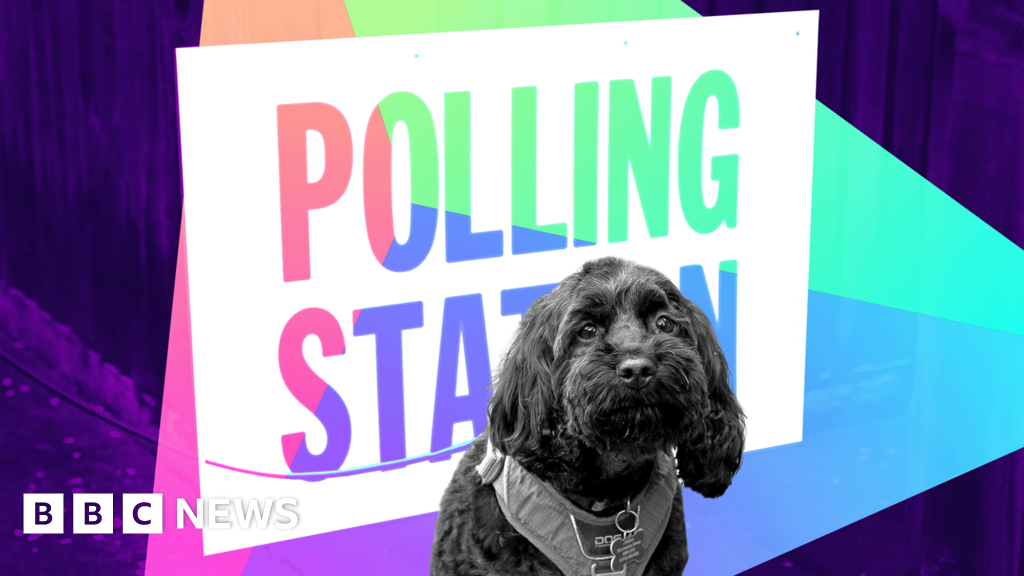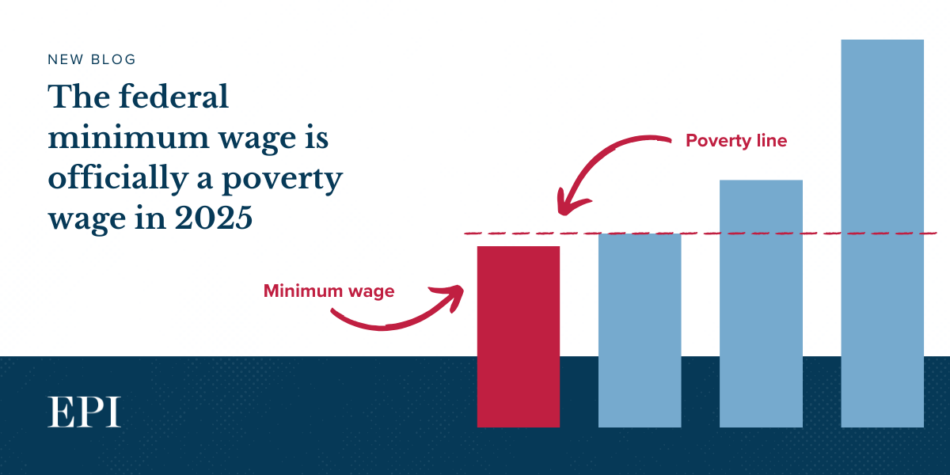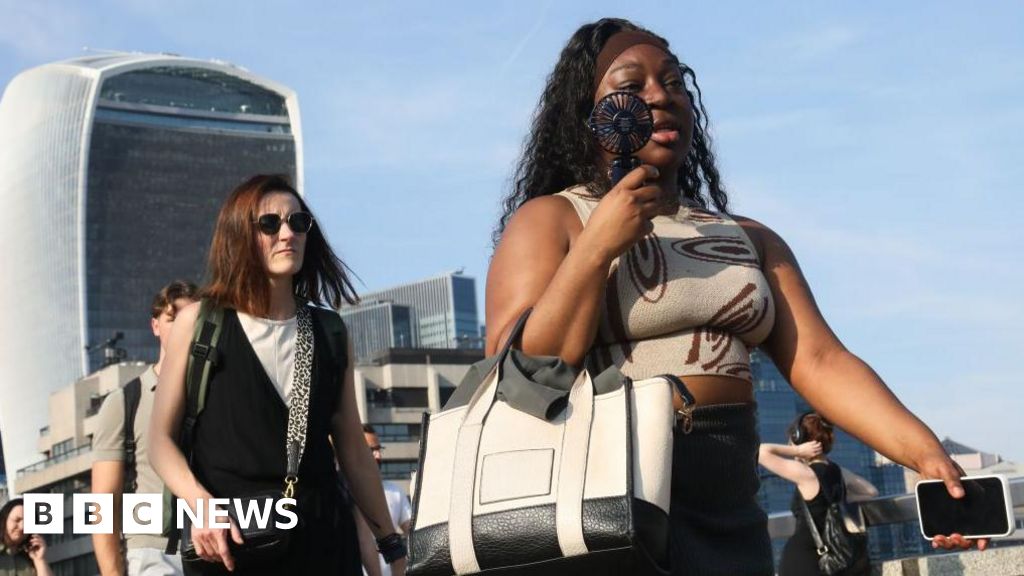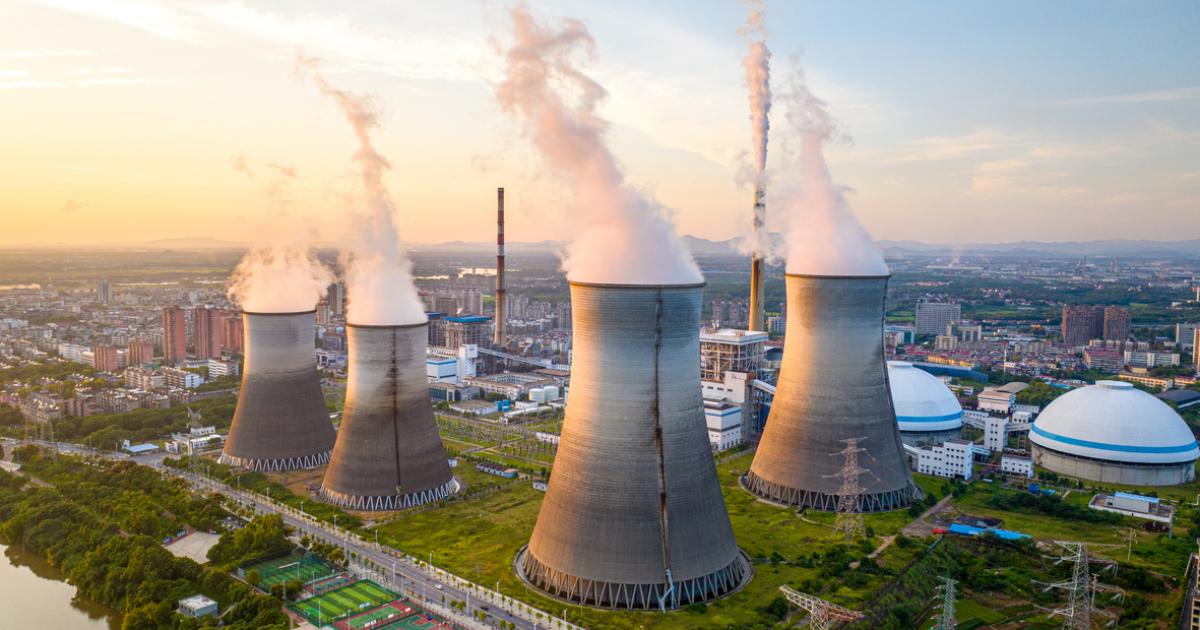Cuba's Supreme Court Orders Arrest of Dissidents Jose Daniel Ferrer and Felix Navarro

In a significant and controversial decision, Cubas highest court has mandated the re-arrest of two prominent dissidents, Jose Daniel Ferrer and Felix Navarro, citing alleged violations of their parole conditions. The Tribunal Supremo Popular, which translates to the Peoples Supreme Court, authorized the arrests on Tuesday, stating that both men had not only failed to comply with the stipulations set forth in their parole but were also accused of inciting disorder and disrespecting authorities both in public spaces and online. Moreover, Maricela Sosa, the vice president of the court, indicated that the dissidents maintained connections with officials at the U.S. embassy, which further exacerbated tensions between the Cuban government and its critics.
Ferrer and Navarro were initially released earlier this year following a deal mediated by the late Pope Francis and the Catholic Church. This agreement was significant enough that it prompted then-President Joe Biden to temporarily remove Cuba from the list of state sponsors of terrorism, a designation that carries severe restrictions on foreign aid, defense sales, and other financial interactions with the U.S.
However, this diplomatic overture was short-lived. Just a day after Biden left office and Donald Trump assumed the presidency on January 20, the new administration reinstated Cuba's designation as a state sponsor of terrorism. Despite this setback, by March 2021, the Cuban government claimed it had fulfilled its end of the deal by releasing a total of 553 individuals. Critics have labeled these individuals as political prisoners, but the Cuban government has consistently argued that those released were guilty of various crimes.
The recent arrests of Ferrer and Navarro have drawn strong condemnation from the U.S. Department of State. The agency denounced what it termed the brutal treatment and unjust detention of Ferrer, his wife, and his child, as well as other pro-democracy activists. In a statement shared via social media, the Department emphasized its ongoing commitment to stand by Cubans advocating for their fundamental rights and freedoms, underlining the U.S. Embassy's readiness to engage with such individuals.
Jose Daniel Ferrer, a notable critic of the Cuban regime and a fisherman by trade, is the founder of the Patriotic Union of Cuba (UNPACU). He has been an outspoken advocate for democratic reforms on the island, leading to consistent clashes with the authorities. After his release in January, he characterized the Vatican-brokered deal as a mere publicity stunt orchestrated by the Cuban government. In an interview with The New York Times, he described the release of prisoners as a calculated move to elicit praise while expecting concessions from both the Church and the American government.
Ferrer had previously resisted the terms of his release, which included mandatory court appearances, asserting that he should never have been imprisoned in the first place. His and Navarros troubles with the law are far from new; both have deep histories of confrontation with the government, dating back to the infamous Black Spring in 2003, when 75 dissidents were arrested under accusations of collaborating with the U.S. government.
In recent times, the political climate in Cuba has grown increasingly tense, notably marked by mass protests in 2021 amid escalating shortages of food and medicine, exacerbated by the COVID-19 pandemic. Many demonstrators publicly criticized the government's handling of the crisis and demanded more civil liberties. The governments response was swift and severe, employing police crackdowns that led to numerous arrests, including those of Ferrer and Navarro.
Following the latest arrests, Ferrers sister, Ana Belkis Ferrer Garcia, took to social media to announce that her brother had been taken back into custody early Tuesday morning. At the time, Ferrer was actively involved in community work, running a soup kitchen in Santiago de Cuba, a clear indication of his commitment to supporting his fellow citizens despite the risks involved. She also reported that UNPACUs headquarters had been looted and that multiple activists had been detained alongside Ferrers family members.
All of them were taken to an unknown location, she posted on X, expressing her outrage towards the authorities as miserable and cowardly criminal tyrants. She called for their immediate release along with all political prisoners. Fortunately, she later updated that both Ferrers wife, Nelva Ismarays Ortega Tamayo, and their son, Daniel Jose, were released after being held for several hours.
The response from human rights organizations has been swift, with the Cuban Observatory of Human Rights, a nonprofit based in Spain, condemning the arrests. They linked the timing of these actions to the recent death of Pope Francis, who passed away on April 21, suggesting that the Cuban leadership has wasted no time in reversing its commitments made during the Vatican-mediated negotiations. They issued a statement highlighting that the decision to re-incarcerate Ferrer and Navarro betrays the Popes request, adding another layer of controversy to the already fraught relationship between the Cuban government and the international community.

















